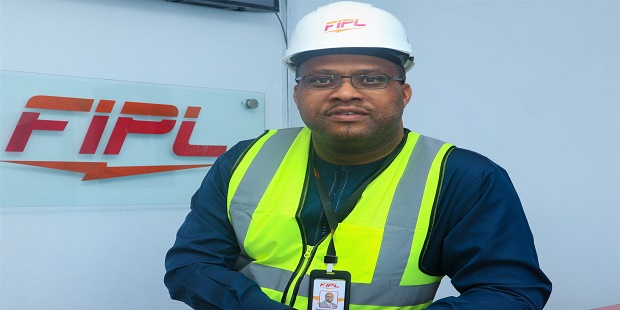
First Independent Power Limited (FIPL), a Sahara Group Company, has said Nigeria’s power generation capacity will remain elusive without a focus on local content development.
Chief Executive Officer, FIPL, Dr. Kenechukwu Nwangwu, stated this, noting that investing in local capacity has the potential of transforming the power sector remarkably.
Speaking at the Nigerian Content Conference organised by the Nigerian Society of Engineers (NSE) in Port Harcourt, Rivers State, Nwangwu said strengthening local content in the power sector would promote job creation, fund retention and the development of skills and competencies among Nigerian professionals.
According to him, the act embodies the intention of the nation towards growing local capacity. He urged stakeholders to explore all possibilities, “holistically and transparently”.
He said: “It is a laudable thing for us to deliberate on the impact of the local content Act in the power sector at this forum. A robust local content in the power sector will lead to job creation, funds retention, and domiciliation of the operations of foreign companies in Nigeria while enabling the development of skills and competencies of Nigerians.”
He called on regulators to drive compliance, stating: “We already have a formidable regulation in the sector, all we need now is implementation across the value chain, in strict compliance with the provisions of the law.”
The two-day conference provided an opportunity for FIPL to network with other industry leaders and professionals, exchange ideas, and showcase its commitment to the sustainable development of Nigeria’s power sector.
During the two-day conference, FIPL displayed the achievements of its young engineers at its exhibition stand. This includes a load display app that shows real-time generation across all FIPL plants on mobile phones, helping the company monitor performance effectively and generate power optimally.
Nwangwu said FIPL remained a frontline promoter of local content in Nigeria, adding that FIPL continues to “bring energy to live responsibly to over six million lives with the collaboration and support of community stakeholders, suppliers, artisans, health and safety workers who we support with training, sustainable impact projects and capacity building opportunities”.He noted that the ongoing transformation of FIPL is driving the top-flight performance of the 541MW capacity power plants in Rivers state.
“It has been a privilege for us to serve the nation through the professionalism and expertise of our people and the drive and investment of our parent company, Sahara Group. FIPL is here to make a difference and this remains our overarching pursuit,” he added.
He said the human capital transformation programme at FIPL had demonstrated that with the right training and exposure, there would be less demand for foreign expatriates in Nigeria.






